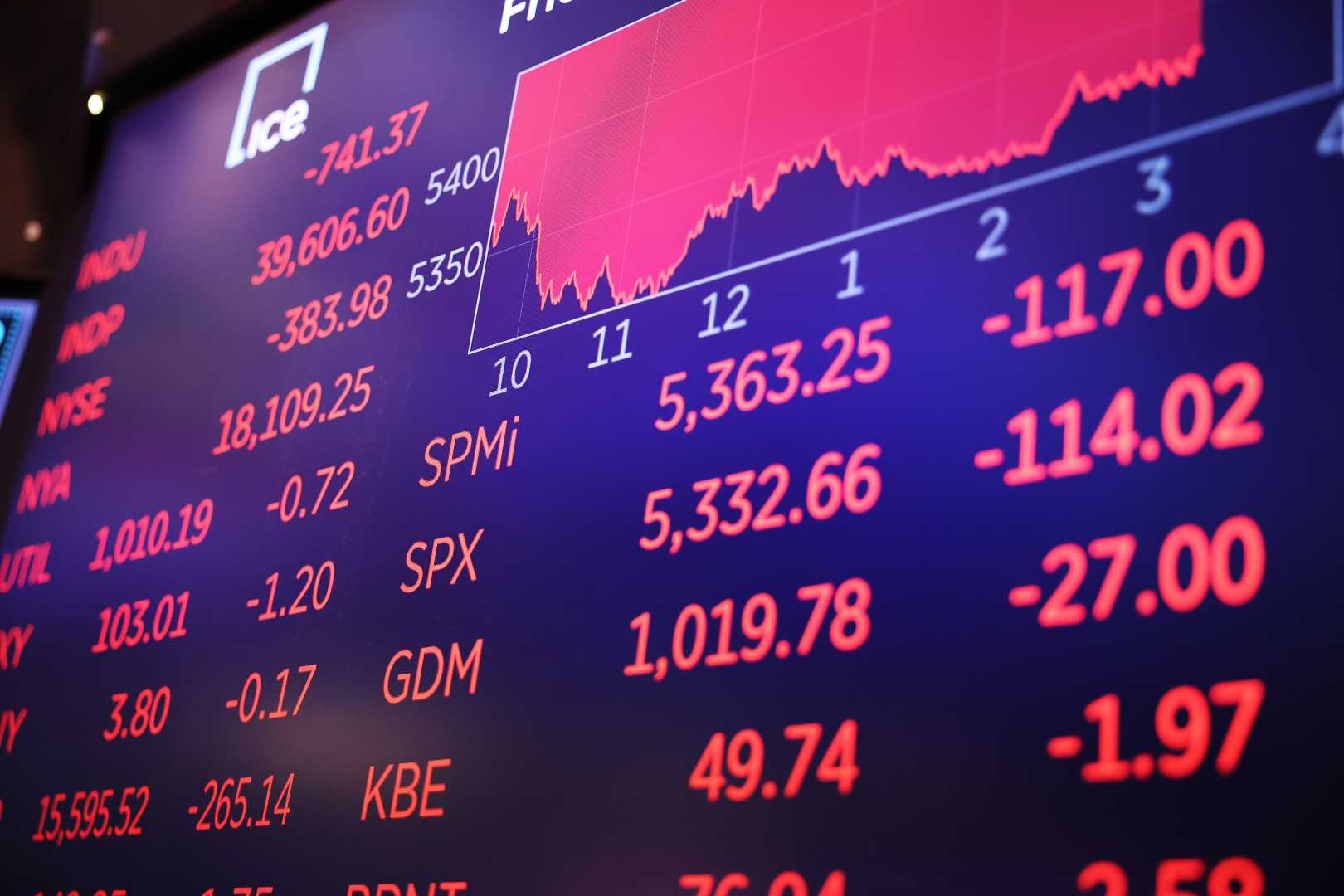Business
Global Economic Developments and Market Reactions

The recently appointed Japanese Prime Minister, Shigeru Ishiba, announced that it is premature to consider additional rate hikes. This statement came after his meeting with Bank of Japan Governor Kazuo Ueda. Ishiba emphasized a cautious approach, which was echoed by board member Noguchi, stressing the importance of maintaining a loose monetary policy. Following these dovish remarks, the USD/JPY was trading at approximately 146.85.
Meanwhile, in the United States, ADP‘s report on private sector employment growth for September surprised analysts by exceeding expectations. The growth was recorded at 143,000 jobs, surpassing the consensus estimate of 120,000. August’s figures were also revised upwards, further indicating strength in leisure, hospitality, construction, and health services sectors. These developments suggest the labor market remains robust, despite a cooling trend in recent months.
In the euro area, the unemployment rate remained stable at 6.4% in August. The number of unemployed persons saw a decline, particularly in Spain, Italy, and Greece, though there was a slight increase in Germany and France. The labor market shows signs of stability, yet a stagnation in employment growth is noted, mainly affecting Germany and France while growth continues in southern Europe.
Isabel Schnabel of the European Central Bank noted that inflation in the euro area is edging closer to the 2% target amidst easing labor demand. Conversely, Mario Centeno, head of the Portuguese central bank, expressed concerns over potential underachievement of this target.
In France, President Emmanuel Macron supported a temporary tax on large corporations as part of a strategy to stabilize the nation’s financial standing. The French government detailed a plan for a budget cut of EUR 60 billion, targeting spending cuts and tax increases for the next year.
On the Polish front, the Monetary Policy Council maintained its key policy rate at 5.75%, aligning with market expectations.
The commodities market saw oil prices remain buoyant amidst the threat of supply disruptions due to potential geopolitical tensions in the Middle East. OPEC+ is contemplating a production increase by December, influenced by recent price trends.
Equities markets showed mixed movements, with China being an outlier due to a significant increase in Hong Kong stocks. Despite global uncertainties in politics, economics, and geopolitics, European and US markets remained mostly flat. In contrast, Japan’s stocks rose following dovish monetary statements.
Bond markets experienced a rise in global yields as US Treasury yields increased by five basis points, fueled by the robust US labor market data and rising oil prices. European government bonds reflected similar trends.
The foreign exchange market witnessed stabilization in risky assets amid geopolitical tensions, with currency movements showing reactions to varying economic announcements worldwide.












